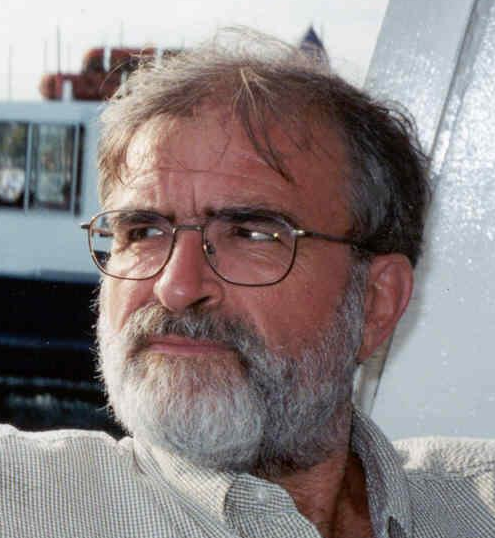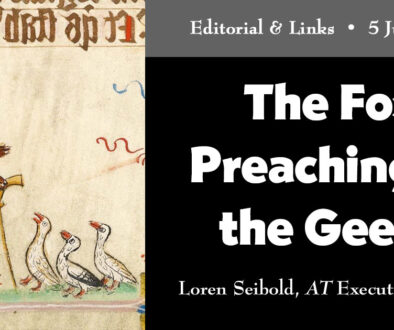Adventist Sociology: Church, Government and Military Service
by Ronald Lawson | 23 March 2018 |
Three more of my papers, two that were originally published in academic journals and one in Spectrum, have been uploaded to my website for you to read. Readers may find them both fascinating and important.
One of these is “Church and State at Home and Abroad: The Evolution of Seventh-day Adventist relations with Governments.” Because the number of Adventists in the countries of the developed world has always been rather small, few have been elected to political office. Nevertheless, the church has put a great deal of effort into developing positive relations with the United States authorities in particular. This has resulted in remarkable changes in Adventist stances, especially given that Adventists have consistently taught that they expect persecution from United States authorities.
In contrast, in some countries in the developing world, Adventists have won many converts and have often been among the vanguard of educated citizens, so that members have been elected to the highest offices. Once in such positions, what policies have these Adventists pursued? I was surprised to find that because the Seventh-day Adventist Church had not really had members in positions of power in the United States, church leaders did not teach their members to pursue a consistent pattern of policies that would benefit society and especially, following the teaching of Jesus, the strangers and those in need. Meanwhile, Adventists found that they could remain safe and gain advantages when they toadied to despots and authoritarian rulers such as Stalin, Hitler, generals who had seized power in coups, the apartheid regime in South Africa, etc. While they preached frequently about “beasts” who had ruled millennia ago, they failed to realize that they were supporting modern beast-like rulers.
“Onward Christian Soldiers” examines the dramatic changes in Adventist positions concerning member involvement in military service over time. In the American Civil War—Adventism’s first war—Ellen White persuaded the General Conference to adopt a position where Adventists were conscientious objectors who did not participate in the war in any way, even though Adventists were eager to end slavery. Indeed, any members who chose to obey the call to arms were disfellowshipped.
However, by the time of World War I, Adventists were more eager to display their patriotism. In English-speaking countries they served in non-combatant positions such as as medical orderlies, which solved the main concerns White had pointed out in rejecting military service: that it would involve breaking the fourth and sixth commandments. Adventists argued that Jesus had said that it was lawful to do good on the Sabbath, and non-combatant soldiers did not kill, even if they helped others recover and return to killing. However, in Germany in 1914 Adventists suddenly stopped refusing military service, and set out to show their patriotism by serving as regular soldiers seven days per week. In the English-speaking countries Adventists continued to serve proudly as non-combatants during World War II, but now developed close relationships with the military, being trained on Adventist campuses before the war broke out by military officers, and serving at the special request of the military as guinea-pigs in germ warfare in Operation Whitecoat.
All of these features continued during the Korean War, and, in addition, church leaders agreed for the first time that Adventist pastors could volunteer to serve as military chaplains, a role in which some rose to the highest ranks. However, during the Vietnam War when Americans were divided, Adventists were also sorely divided to such an extent that the church authorities chose to recognize Adventists who elected to be conscientious objectors, non-combatants, or to serve as regular armed combatants. As a result, Adventists no longer had a position on military service, and after the war once the USA began to rely on a volunteer military, recruiters became active on Adventist campuses and members who had returned from armed service were cheered in their churches.
I received word that “Onward Christian Soldiers” had been accepted for publication in an academic journal towards the end of 1994, as our church was gearing up for the General Conference Session that was scheduled to be held in Utrecht in The Netherlands. Many members in North America were concerned about a scheduled vote on whether or not individual world divisions would be permitted to opt to ordain women. My friend Roy Branson, long-term editor of Spectrum, was planning an issue supporting the proposed change, scheduled to come out in 1995 about three months before the Session.
Roy feared that the resolution concerning women would be defeated since Robert Folkenberg, then president of the General Conference, had pointedly not announced his support for it, just as his predecessor Neal Wilson had done before and during the 1990 Session when a similar proposal had been soundly defeated. Roy reckoned that if the reigning GC President would support the measure with enthusiasm it would be likely that its opponents in developing nations would follow the lead of the church’s “big man.” I sent a copy of my paper to Roy, who was fascinated by the irony in the account, and suggested that it be rewritten under the title of “Why No to Women but Yes to Killing?” He was referring not only to the transformation of the Adventist position on military service over time, but also to the diversity of positions adopted and permitted by the Adventist churches in different countries, no matter what the official church position at various times.

Ronald Lawson is a lifelong Seventh-day Adventist, and a sociologist studying urban conflicts and sectarian religions. He is retired from Queens College, CUNY, and now lives and works in Asheville, NC.




